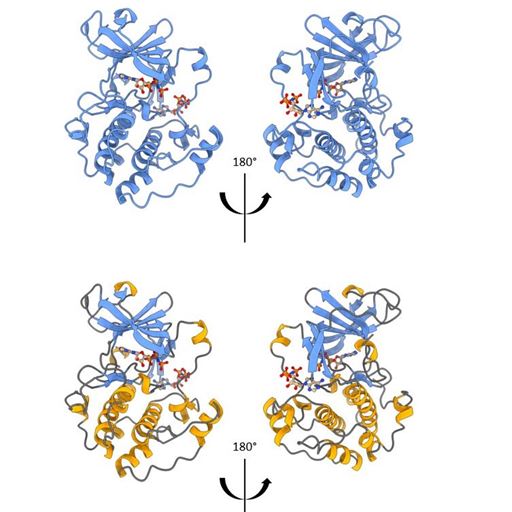Research offers new hope for lung and bladder cancer patients
-
Date
Thu 2 Dec 21

An international research project involving University of Essex scientists is offering new hope for the treatment of lung and bladder cancer.
Lung and bladder cancers are two smoking-related diseases which have high death rates in patients due to the early development of the disease which spreads to other parts of the body. There is, therefore, an urgent need to develop new therapies to treat these diseases.
The research team, led by Imperial College London, has been trying to gain a better understanding of why these cancers are resistant to therapy and more likely to spread to other parts of the body.
Dr Filippo Prischi, from Essex’s School of Life Sciences, said when they looked at the molecular mechanics of these types of cancer, they found there was more of a protein called RSK4 in the cancer samples compared to normal ones. Until now there has been very few studies on RSK4 so it is poorly understood in the scientific world.
“We found that RSK4 played a key role in protecting the cancer cells, with the knock-on effect of making them less sensitive to chemotherapy,” explained Dr Prischi. “So, by targeting RSK4 we could find a new way of treating patients with lung and bladder cancer.”
The study, recently published in journal Science Translational Medicine, found that the drug Trovafloxacin – a type of antibiotic – was a key RSK4 inhibitor which led to improved response when combined with chemotherapy.
“Our data suggests that using Trovafloxacin in combination with chemotherapy may provide benefits to patients suffering from lung and bladder cancer,” added Dr Prischi. ”We now want to test these theories in clinical trials to make our results beneficial to patients.
“Lung and bladder cancers are mostly incurable, but our research is offering real hope to the further development of drugs to treat these diseases.”
Dr Prischi is leading research to increase our understanding of how RSK4 works in the cell, while Dr Olivier Pardo and Professor Michael Seckl from Imperial College London are investigating how best to use these results to develop effective lung and bladder cancer treatments.
.jpg?mh=500&mw=500&hash=6568B6C9CCF5290A596BEF6678B6AD0E)



